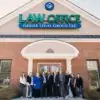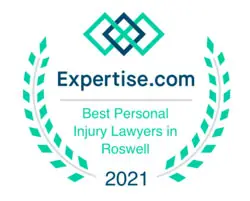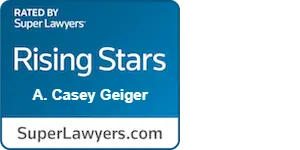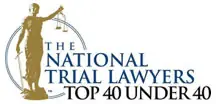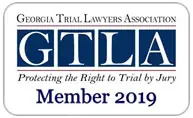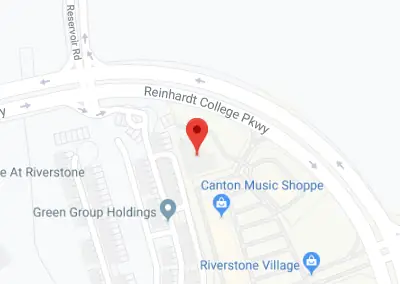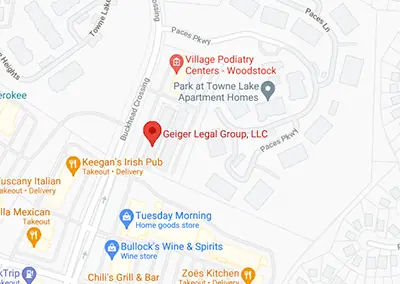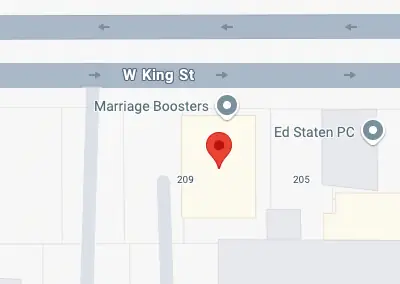What Is the Law for Rear-End Car Accidents in Georgia?
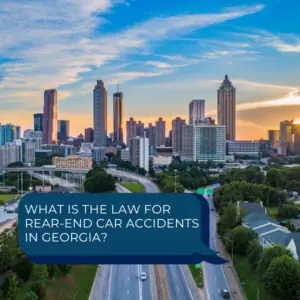
Rear-end accidents are among the most common collisions on Georgia roads. Whether they happen at low speeds or in the flow of fast-moving traffic, these accidents can cause debilitating injuries. However, many people make certain assumptions when considering who might be liable for a rear-end accident in the Peach State. Understanding Georgia’s laws for rear-end collisions can help you know what steps to take if you are involved in one.
Basics of Georgia’s Rear-End Law
According to state law, all drivers must ensure that there is enough space around their vehicles to prevent rear-end accidents. Because drivers tend to have more control over how much space is in front of them, the rear driver is usually considered at fault in a rear-end accident. This means that a motorist who crashes into the back of another vehicle tends to be legally responsible for any resulting accident-related losses, such as medical bills, property damage, and income lost due to missed time at work while recovering from injuries.
Exceptions to the Rule
In some cases, the driver in the front vehicle may bear partial or full responsibility for a rear-end accident, such as when:
- They swerve, reverse, or otherwise maneuver in a way that the rear driver could not have anticipated.
- They drive with broken taillights or brake lights, preventing the rear driver from knowing that the driver in front is braking.
- They do not respond properly to visible driving hazards, preventing vehicles behind them from having enough time to react.
Because it can be challenging to know when an exception applies, you should speak to a Georgia car accident attorney who can review your case and inform you of your options.
Proving Fault in Rear-End Collisions
When a rear-end collision occurs, police will typically write a traffic report detailing their findings from the scene. The report will likely indicate which driver received a citation for the crash. However, a traffic citation is not always the final word on who is at fault. The rear driver may try to argue that an exception applies and that the front driver shares some blame.
To prove fault, a car accident attorney can obtain evidence like:
- Witness statements
- Video footage from dashcams or nearby security cameras
- Data from the vehicles’ computers showing speed, braking, and other factors
- Photographs of the accident scene and vehicle damage
An experienced lawyer can analyze this evidence to build a solid argument that the other driver is at fault.
Steps to Take If You Get Rear-Ended
If you are the victim of a rear-end collision, it is crucial to take proactive steps while at the scene:
- Seek medical attention, even for minor injuries. Symptoms may not arise immediately.
- Take photos of the accident scene, the rear of your vehicle, and the front of the other vehicle.
- Exchange insurance and contact information with the other driver.
- Get contact information from any witnesses to the collision.
- Report the accident to your insurance provider promptly.
- Contact an experienced Georgia rear-end accident attorney.
Taking these steps can significantly help your case if the at-fault driver tries to avoid liability for your losses.
Contact Our Georgia Car Accident Attorneys Today
The team at Geiger Legal Group, LLC has some of the most knowledgeable car accident lawyers in Georgia. We will investigate the rear-end accident that led to your injuries, determine who was at fault, and fight for the compensation you deserve. Contact our personal injury law firm today for a free consultation to learn more about how we can help you.

